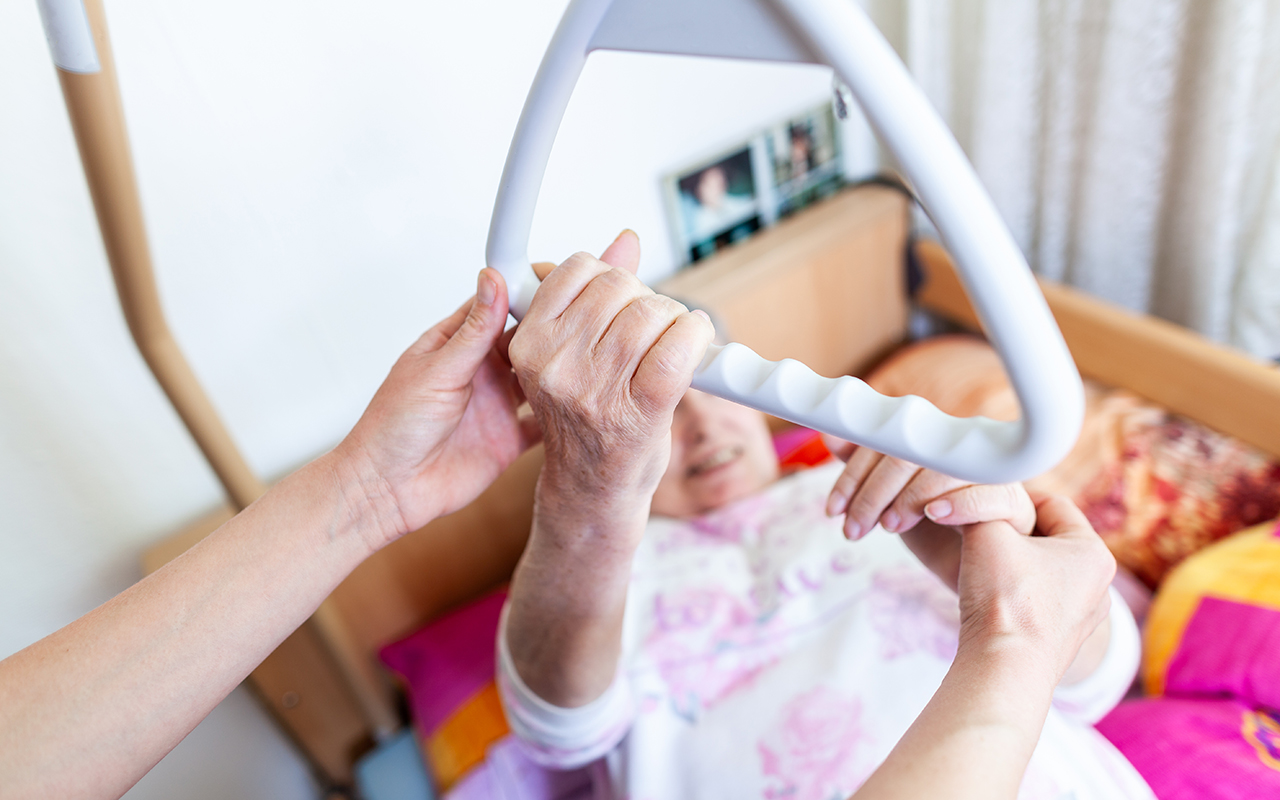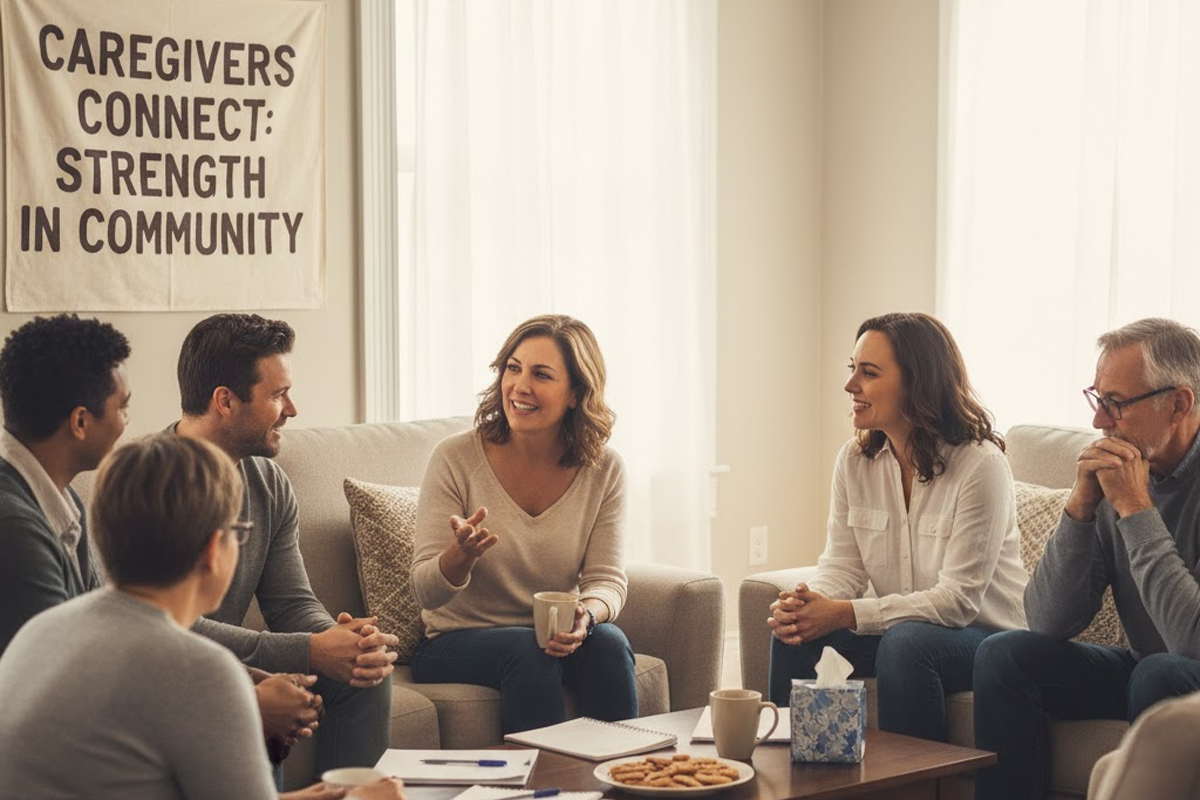Share
The holiday season is an ideal opportunity to check up on aging loved ones while enjoying quality family time. Follow these four tips to make the most of every moment.
1. Quietly Observe
If it’s been a while since you last saw your loved one, be on the lookout for changes in his or her health. Signs of physical and cognitive decline may include:
• Weight loss or sporadic eating habits
• Difficulty with movement or balance
• Unkempt personal appearance
• Messes piling up around the house
• Unusual shifts in mood or behavior
If you notice any of these changes, it may be time to consider hiring additional help. In-home caregivers can assist with daily tasks, such as meal prep, housekeeping, prescription reminders, and more when you’re not able to.
2. Make Time for Tradition
Ask your loved one what he or she loves most about the holidays, and plan to do it during your visit. Preparing favorite meals, watching seasonal movies or engaging in traditional family activities can help aging relatives stay focused and relaxed.
Since visits with loved ones who are facing significant health problems can be difficult, it’s important to incorporate activities designed to ease stress and shift everyone’s mindsets to something positive.
3. Share Happy Memories
Depression is common among the elderly around the holidays, especially for those who have lost significant others or can’t travel to see distant family members. Lift the cloud with a fond trip down memory lane. Gather photos and videos from past holidays, and spend time reminiscing about the touching, funny and beautiful moments your family has shared.
4. Avoid Overwhelming your Loved One
The bustle of the holidays can get to be too much for elderly relatives, so make sure they have a quiet place away from the festivities where they can go to rest. If your loved one shows signs of being tired, overwhelmed or frustrated, gently suggest he or she take a break.
Set up a quiet space with some relaxing activities or soft music, and let your loved one disengage for a while until he or she feels up to rejoining the celebration.
During your visits, stay focused on the purpose of the holiday. It’s a season for joy and togetherness, so although checking for changes in your aging loved one’s health is important, don’t put unnecessary stress on yourself. Appreciate the time you have, and head into the new year with a calm, positive outlook.
How Caregivers Can Reduce Injury While Assisting Seniors Providing daily care for seniors is meaningful work. It can also be physically demanding. Many caregiver injuries happen during lifting, transferring, or repositioning seniors. These injuries are often preventable when proper techniques are used. Learning caregiver injury prevention strategies protects both the caregiver and the senior. It
Build a Caregiver Support Network: Finding the Help and Encouragement You NeedCaring for a loved one is one of the most meaningful and selfless things you can do. But being a family caregiver can also be emotionally, physically, and mentally draining. Whether you’re new to caregiving or have been doing it for years, building a
The Role of Respite Care: Supporting Caregivers and Seniors Caring for an aging loved one is an act of love, patience, and dedication. However, even the most committed caregivers need time to rest, recharge, and take care of their own needs. This is where respite care for caregivers plays a vital role. By offering temporary
Emotional Challenges of Caregiving Understanding and Coping with the Emotional Toll of Being a Caregiver Caregiving is one of the most rewarding roles a person can take on. It allows individuals to provide meaningful support to a loved one in need. However, it also comes with significant emotional challenges. Whether you’re caring for an elderly
Need A Caregiver? Fill Out Form Below
With our competitive rates, we make receiving in-home care affordable regardless of whether you’re using your insurance or paying out of pocket.










